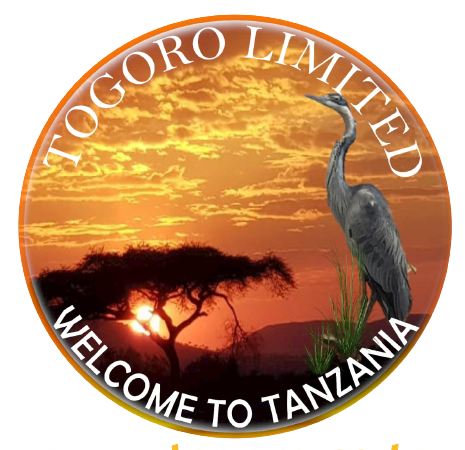4 Days Tanzania Lodge Safari
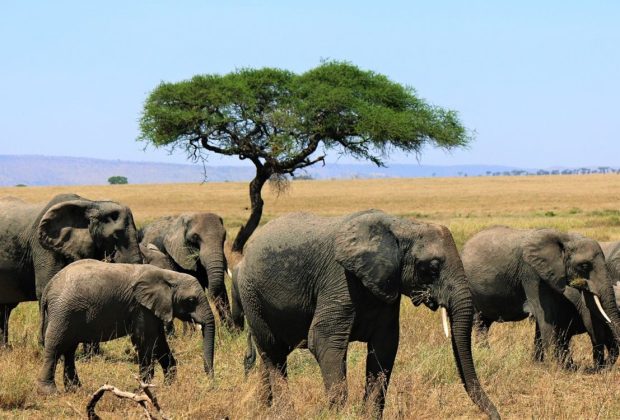
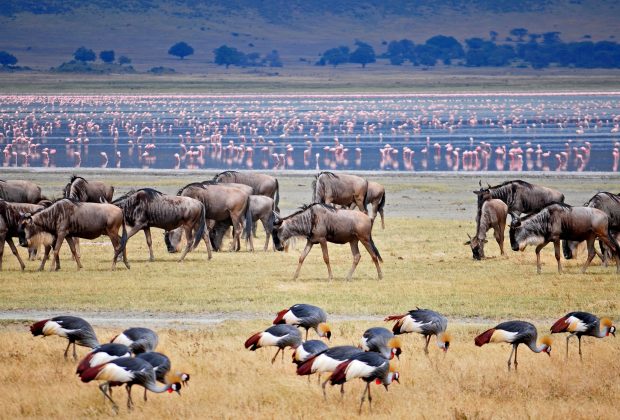
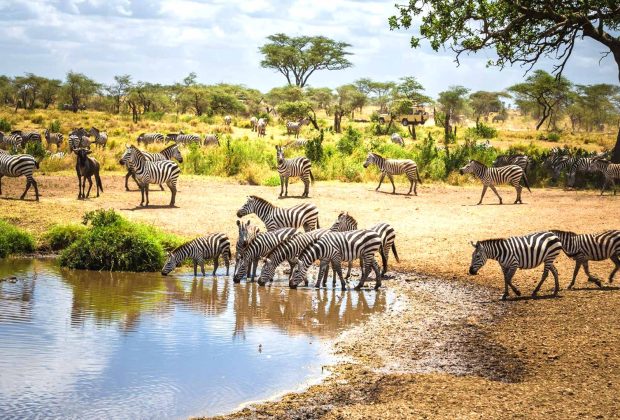
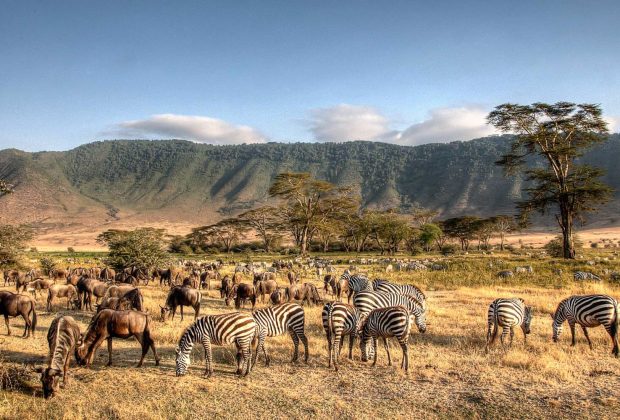
Embark on an exhilarating 4-day Tanzania Lodge Safari, immersing yourself in the breathtaking landscapes and abundant wildlife of this East African gem. Begin your adventure by exploring the iconic Tarangire National Park, known for its massive elephant herds and stunning baobab trees. Then, venture into the renowned Serengeti National Park, where endless plains teem with lions, cheetahs, and wildebeest during the Great Migration. Next, descend into the Ngorongoro Crater, a UNESCO World Heritage Site and natural wonderland brimming with diverse flora and fauna. Finally, wrap up your journey with a visit to Lake Manyara National Park, famous for its tree-climbing lions and lush scenery. Throughout your safari, enjoy the comfort and hospitality of luxurious lodges, ensuring a memorable and rejuvenating experience in the heart of Tanzania’s wilderness.
Day 1: Tarangire National Park
Your adventure begins with an early departure from Arusha towards the captivating Tarangire National Park. As the sun rises, you’ll traverse through lush landscapes, gradually immersing yourself in the wild beauty of Tanzania. Upon arrival, a picturesque picnic amidst the park’s scenic vistas awaits, providing a perfect opportunity to fuel up while marveling at the surrounding wildlife. The afternoon unfolds with an exhilarating game drive, where the iconic silhouette of baobab trees serves as a backdrop to an array of majestic creatures, from massive elephant herds to graceful giraffes. As the day draws to a close, settle into your accommodation nestled within the heart of Tarangire, relishing in the day’s remarkable sightings and the tranquil ambiance of the African wilderness.
Day 2: Ngorongoro Conservation Area
After a restful night’s sleep, set out towards the legendary Ngorongoro Conservation Area, a haven of unparalleled biodiversity and stunning landscapes. En route, the journey is punctuated by breathtaking panoramas, offering glimpses of Tanzania’s diverse terrain. Upon reaching the rim of the Ngorongoro Crater, a gastronomic delight awaits, providing sustenance before embarking on a descent into the crater’s depths. Here, amidst the world’s largest intact caldera, an extraordinary safari experience unfolds, as you encounter an array of wildlife, including the iconic Big Five, against the backdrop of the crater’s verdant floor. As dusk descends, retreat to your accommodation perched on the crater’s rim, where the day’s adventures are savored amidst the serenity of the African twilight.
Day 3: Serengeti National Park
Rise with the sun and set forth towards the fabled Serengeti National Park, an emblem of untamed beauty and boundless wilderness. Encompassed by sweeping savannas and dotted with iconic acacia trees, the Serengeti unfolds like a living tapestry of nature’s grandeur. Amidst this timeless landscape, indulge in a leisurely journey, pausing for a delectable lunch amidst the park’s scenic vistas. With the afternoon sun casting a golden glow, embark on a game drive through the park’s labyrinthine trails, where the drama of predator and prey unfolds before your eyes. From majestic lions lazing beneath the shade of acacias to agile cheetahs prowling the vast plains, the Serengeti reveals its myriad wonders at every turn. As night descends, retire to your accommodation beneath the vast African sky, where the day’s memories mingle with the nocturnal symphony of the wilderness.
Day 4: Serengeti to Arusha
With fond memories and a heart filled with the spirit of adventure, bid farewell to the Serengeti as you embark on the journey back to Arusha. As the landscape unfolds outside your window, reminisce about the extraordinary sights and experiences that have defined your Tanzanian safari. A stop for a final lunch amidst the beauty of the Tanzanian countryside offers a moment of reflection before continuing the homeward journey. As you reach Arusha by late afternoon, the safari draws to a close, but the memories of this unforgettable journey will forever linger, a testament to the untamed splendor of Tanzania’s wilderness.
Activities/services included in the cost:
- Accommodation as per the itinerary
Lodges on Full Board - Road transportation in 4wd land Cruiser safari vehicle
Game drives as per the itinerary - Park entrance fees and crater service fees
- English Speaking guides available for the safari
- Accommodation as per the itinerary
Activities/services excluded in the cost:
- Visit to Masai Cultural Village
- All International Flights/local Flights + Taxes
- Visa fees, Travel & Personal accident insurance
- Excursions, services and activities not mentioned in this program
- Personal expenses e.g. laundry, telephone calls, Drinks, Tips and gratuities
Passenger Information
- Passengers should bring only duffle bags safaris{not suitcases}
- All the passengers must have Identification Card/Passport with them for internal flights.
- Baggage on domestic flights is strictly limited to 15kgs per person (including hand luggage). Any excess baggage will be charged by the airline at check-in.
- Passengers arriving to Tanzania may be asked to present a valid Yellow Fever Vaccination Certificate
- Tourist Visa will be obtained at the entry points, but it is advisable to double check before travelling to Tanzania.
What is the best time of year to go on a safari in Tanzania? The best time for a safari in Tanzania depends on your preferences. The dry season (June to October) is ideal for wildlife viewing as animals gather around water sources, but it’s also the busiest time. The wet season (November to May) offers lush landscapes and fewer tourists, but wildlife may be harder to spot due to thick vegetation.
What should I pack for a safari in Tanzania? Essential items include lightweight and neutral-colored clothing, sturdy walking shoes, a wide-brimmed hat, sunscreen, insect repellent, binoculars, a camera with extra batteries and memory cards, and any necessary medications. It’s also advisable to pack layers as temperatures can vary throughout the day.
Do I need a visa for Tanzania? Most visitors to Tanzania require a visa, which can be obtained upon arrival at the airport or purchased online in advance. Visa requirements vary depending on your nationality, so it’s important to check the latest information before traveling.
Is it safe to go on a safari in Tanzania? Tanzania is generally safe for tourists, including safaris, but it’s important to take standard precautions such as staying updated on travel advisories, avoiding isolated areas at night, and following the guidance of your tour guides.
What types of accommodations are available on safari? Accommodation options range from luxury lodges and tented camps to budget-friendly campsites. Luxury lodges typically offer comfortable amenities such as en-suite bathrooms, gourmet meals, and swimming pools, while tented camps provide a more authentic safari experience with canvas tents and communal dining areas.
What wildlife can I expect to see on safari in Tanzania? Tanzania is home to a diverse array of wildlife, including the Big Five (lion, elephant, buffalo, rhino, and leopard), as well as cheetahs, giraffes, zebras, wildebeests, hippos, crocodiles, and a variety of bird species. The specific animals you’ll encounter will depend on the location and time of year.
Are safaris suitable for children? Many safari operators offer family-friendly safari options, including accommodations with family rooms, shorter game drives, and child-friendly activities. However, it’s important to consider the age and interests of your children when planning a safari and to choose activities that are suitable for them.
What is the typical duration of a safari in Tanzania? Safari durations can vary depending on your preferences and itinerary. Most safaris range from a few days to a week or more, with shorter safaris focusing on specific national parks or wildlife areas and longer safaris covering multiple destinations. Customized itineraries are also available to suit individual preferences and schedules.
